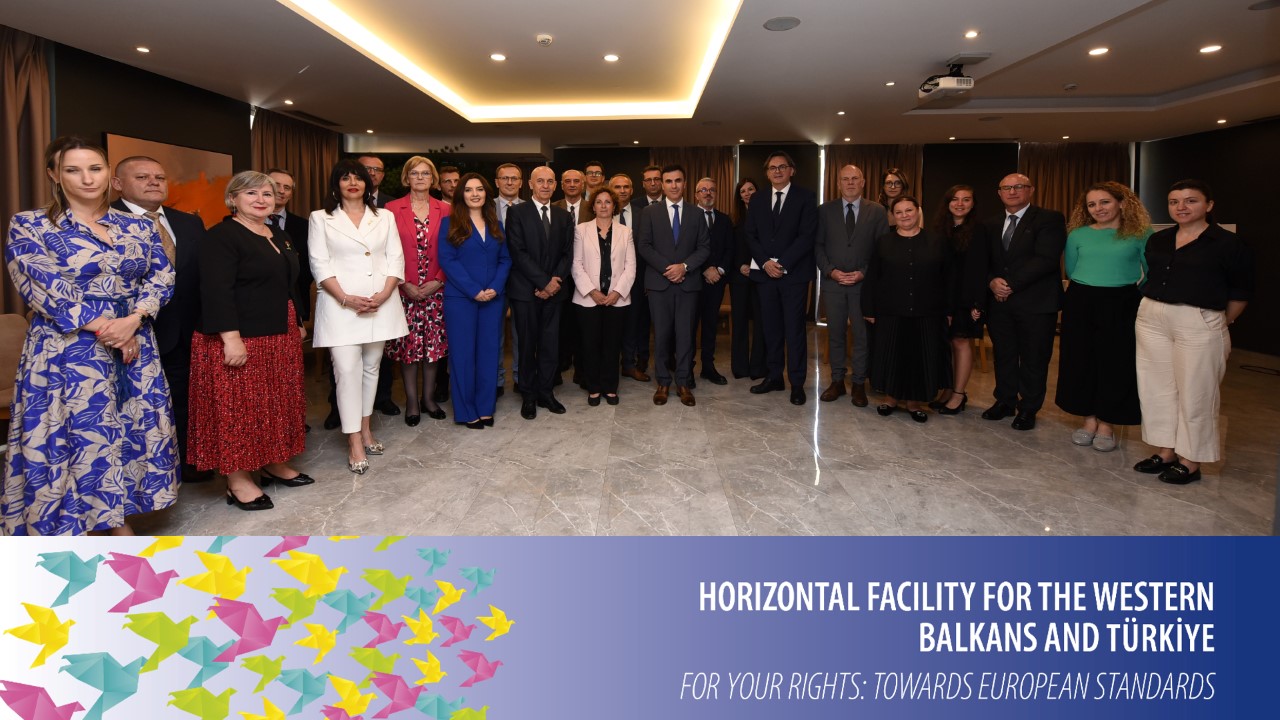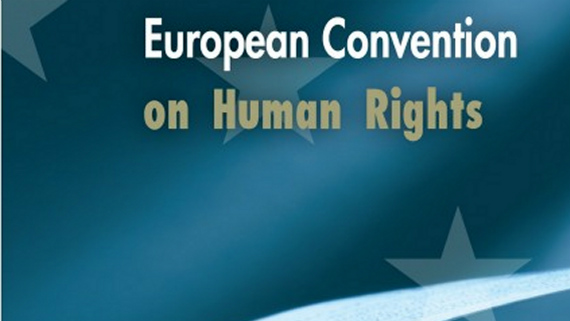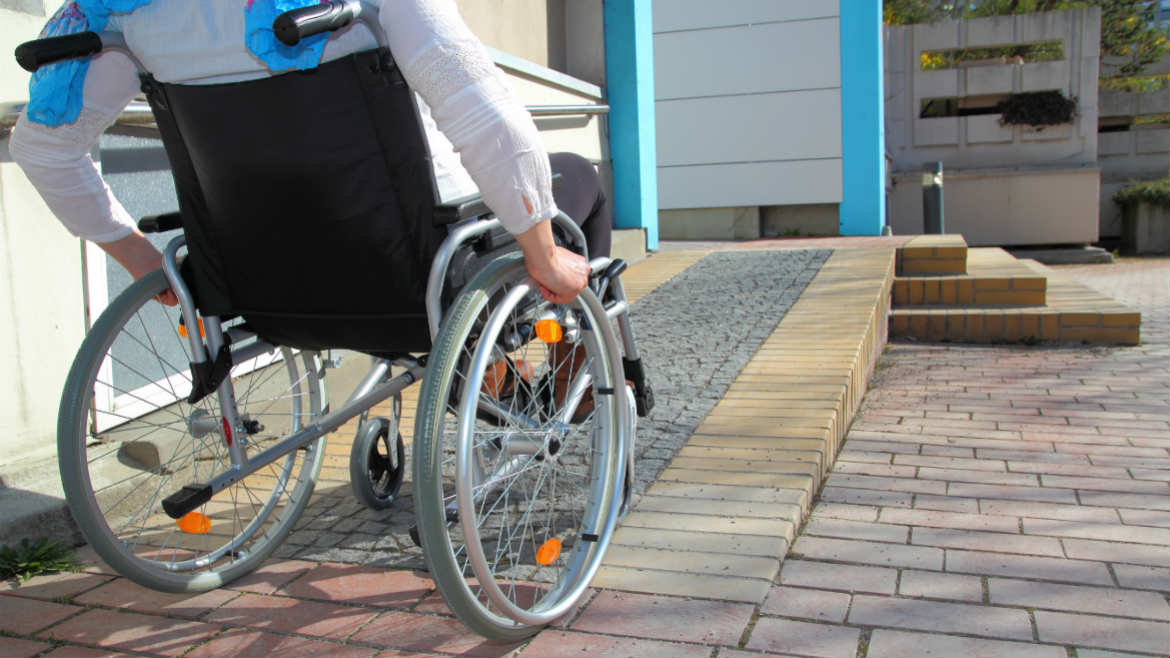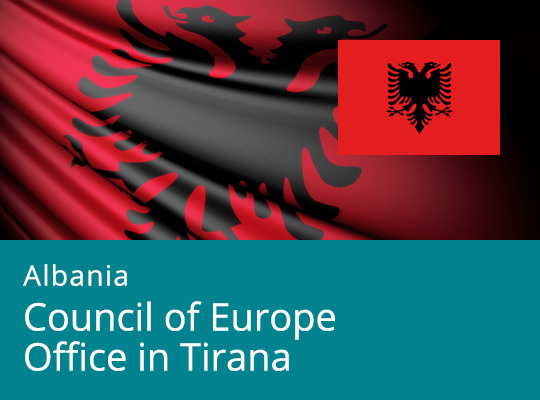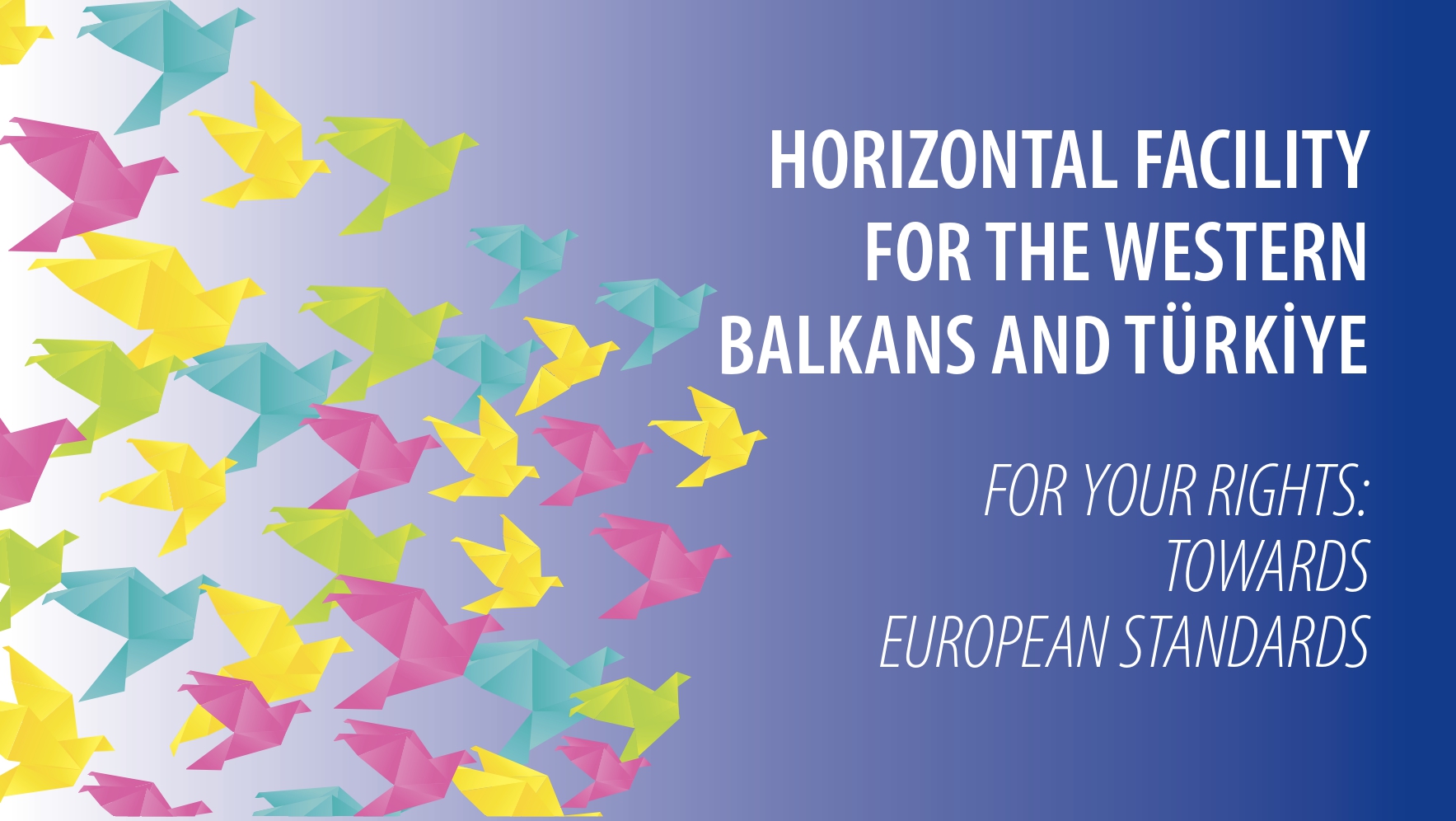The European Commission for the Efficiency of Justice (CEPEJ) , in co-ordination with the Consultative Council of European Prosecutors (CCPE) organised in Vlora a peer-to-peer workshop for prosecution offices of Albania, Bosnia and Herzegovina and Kosovo* entitled “Good practices and shared challenges concerning the efficiency and quality of the work of prosecutorial system”
The event was opened by the Prosecutor General of Albania, Olsian Çela, by the High Judicial and Prosecutorial Council of Bosnia and Herzegovina Member Željka Fabic and by the Acting Chief State Prosecutor of Kosovo Besim Kelmendi and was attended by representatives of High Prosecutorial Council of Albania, General Prosecution Office of Albania, High Judicial and Prosecutorial Council of Bosnia and Herzegovina and Kosovo High Prosecutorial Council.
About 20 representatives discussed the good practices implemented in Albania, Bosnia and Herzegovina and Kosovo and shared challenges concerning the functioning of the prosecutorial system, in particular, on issues related to organisation, management and competences of prosecution offices, data collection and analysis, and communication with press and media. Particular emphasis was placed on data collection and analysis to take data-driven decisions with the aim to improve the functioning of the prosecution offices, as well as public relations’ set-up within prosecutorial offices.
Participants were introduced with the CCPE, a CoE body which prepares Opinions on issues related to the prosecution service such as inter alia the Opinion No. 18 (2023) on Councils of Prosecutors; Opinion No. 8 (2013) on "Relations between prosecutors and the media"; Opinion No. 7 (2012) on the “Management of the means of Prosecution services”.
This activity was jointly organised by CEPEJ actions in the region, namely , the regional action “Towards a better evaluation of the results of judicial reforms in the Western Balkans – Dashboard Western Balkans“, the SEJ IV action “Strengthening the Quality and Efficiency of Justice in Albania (SEJ IV)”, the BiHSEJ action “Strengthening the Efficiency and Quality of Justice in Bosnia and Herzegovina (BiHSEJ)” and the KoSEJ III action “Strengthening the Quality and Efficiency of Justice in Kosovo* (KoSEJ III)” in the framework of the European Union/Council of Europe joint programme Horizontal Facility for the Western Balkans and Türkiye (Horizontal Facility III), co-funded by the European Union and the Council of Europe and implemented by the Council of Europe.
*This designation is without prejudice to position on status, and is in line with UNSCR 1244 and the ICJ Opinion on the Kosovo Declaration of Independence



